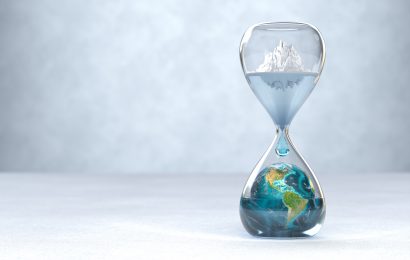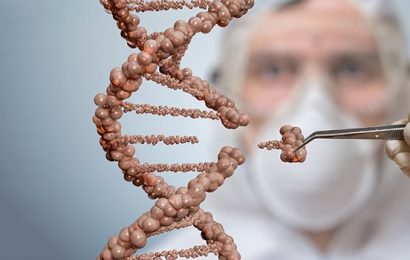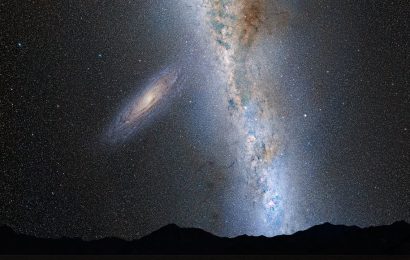The UN reports that humans are having a devastating impact on nature on land, in the seas, and in the sky
An official UN report shows that about one million animal and plant species are being threatened with extinction due to changes mankind is inflicting on nature, our need for ever more food and energy being the main drivers. This rate of destruction is tens to hundreds of times higher than the average over the past 10 million years. Dr Kate Brauman, a coordinating lead author of the assessment from the University of Minnesota stated:
“We have documented a really unprecedented decline in biodiversity and nature, this is completely different than anything we’ve seen in human history in terms of the rate of decline and the scale of the threat. When we laid it all out together I was just shocked to see how extreme the declines are in terms of species and in terms of the contributions that nature is providing to people.”
The destructive actions of man
This research took three years to finalize and draws on 15,000 reference materials and runs on 1,800 pages that have been compiled by the Intergovernmental Science-Policy Platform on Biodiversity and Ecosystem Services (IPBES). A brief, 40-page summary was published this week at a meeting in Paris and describes the way the Earth has suffered from the actions of man, and how our actions through time have left deep scars on the planet.
The main destructive actions were the cutting of millions of hectares of tropical forests for cattle ranching in South America and palm oil plantations in South East Asia, and a 86% disappearance of wetlands in the year 2000, compared to how many they were back in the 1700s. The world’s population has doubled since 1970 while the global economy has grown four-fold, with cities expanding rapidly and urban areas doubling since 1992.
Transformative change
However, the study says these actions can be stopped if we start applying “transformative change” in our interactions with nature. Some of the main ideas the study suggests are for the world to steer away from the “limited paradigm of economic growth”, more exactly from GDP as a key measure of economic wealth and instead adopt more holistic approaches that could capture quality of life and long-term effects. As well as include a larger amount of land and sea under protection.
Individuals can also take transformative action and help the environment through lifestyle choices, Dr Brauman says:
“We know that the way people eat today is often unhealthy for them and for the planet. We can become healthier as individuals by eating more diverse diets, with more vegetables and we can also make the planet healthier by growing that food in more sustainable ways.”
Source: bbc.com



